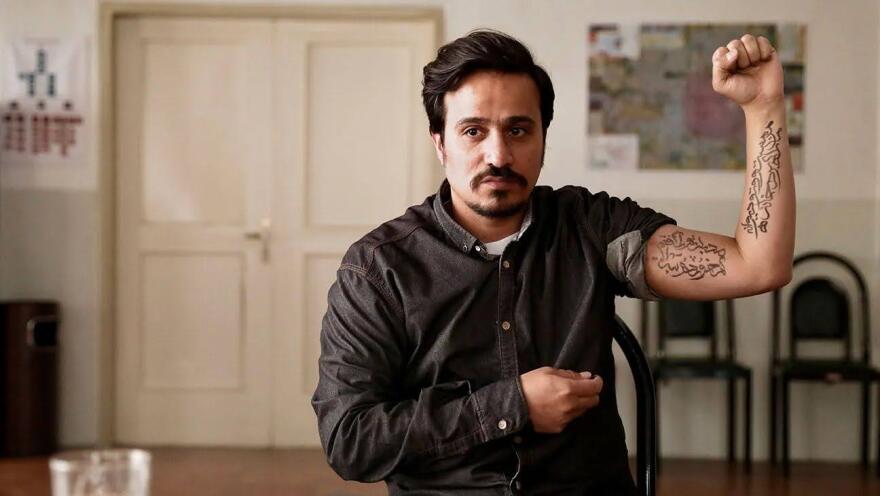This weekend marks the start of the University of Wyoming’s Honors College second Middle East Film Festival.
The festival will do screenings of three films on both Saturday and Sunday, starting at 10 a.m. and going until approximately 9 p.m. both days. Thieevent is free and open to the public.
The films represents a wide range of topics regarding the Middle East.
All six of the featured films have won awards and have been played at international film festivals around the world. After each screening, a conversation will be held with the filmmakers, allowing them to answer any questions the audience has about the films.

The films range in both location and topics covered concerning the Middle East, from satirical vignettes of modern day life in Iran to the interweaving surrealism of crossfading identities set in Canada.
Ahmad Nadalizdeh, a University of Wyoming assistant instructional professor with the Honors College who helps manage the event, wanted the festival to showcase a wide range of films.
“I think it opens up a window onto the lives of so many people living in the Middle East, whose lives are not acknowledged in cinematic representations. I wanted to include those stories in the festival,” said Nadalizdeh.
One of the goals of the festival is to help Wyomingites understand and relate to people in the Middle East. Nadalizdeh said current geopolitical stressors often force media coverage of this region to represent a one-sided view of the lives of the people living there. The hope is that by seeing through the perspective of individuals who are from the region and listening to their experiences, residents of Wyoming can gain a more complete view of what the lives of many Middle Eastern people look like today.
“The best way for introducing a quote-unquote, foreign culture, is by showing people what those cultures look like through the perspective of the people living in those cultures, in those regions of the world,” said Nadalizdeh.
This being the second time the University of Wyoming Honors College is hosting the Middle East Film Festival, Nadalizdeh is hopeful that interest in the festival will continue to grow both within the state of Wyoming and surrounding states as well.
“For me there’s no better story than the story of cinema, which can dismantle political misrepresentations and stereotypes,” said Nadalizdeh.

This festival comes at a time of importance for the Middle Eastern community within the state of Wyoming, a state with one of the lowest populations of Muslim and Arab peoples, according to the World Population Review. Due to the mounting tensions in the region and the often negative representation of Middle Eastern people in the media, the festival provides a reprieve from the news and allows Wyoming residents to see a topic commonly discussed through a different lens.
“I want to have the stereotypes that are associated with the Middle East to be dismantled,” said Nadalizdeh when questioned about the impact he hoped the festival could have.
More information regarding the films to be shown and their specific screening times can be found on the Middle East Film Festival webpage.









